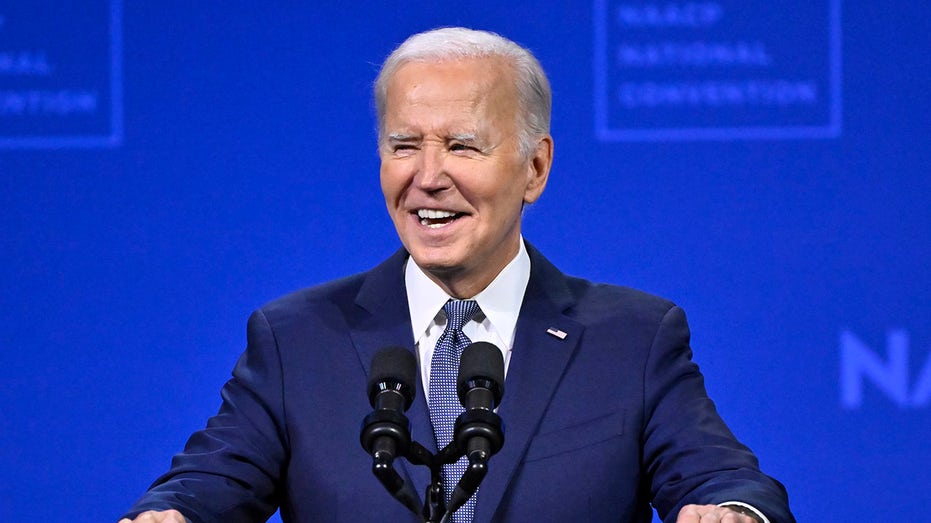Defense Secretary Lloyd Austin declined to say whether Prime Minister Benjamin Netanyahu has been a reliable ally, even as he reaffirmed U.S. support for Israel’s defense.
“There’s been growing frustration by you and others in the administration that during the past year, Israel has not been careful enough about civilian casualties in Gaza and now in Lebanon. The U.S. has been blindsided at times, with Israel not telling it in advance about striking certain targets. And that has threatened to spread the war as well as draw the U.S. into a direct conflict with Iran. Is Netanyahu a reliable ally?” Fox News asked Austin in an exclusive interview from Rome.
“I won’t comment on the prime minister,” Austin said.
“We’re going to continue to support Israel in its right to defend itself. Protecting civilians in the battlespace and achieving military objectives are not mutually exclusive.
“I continuously emphasize the need to make sure that they’re doing the right things, to prevent excessive casualties,” said the secretary. “Hamas and Lebanese Hezbollah have made this a tough fight… putting their military command post in ammunition stores, underneath hospitals and in schools and mosques.”
LLOYD AUSTIN WARNS AGAINST ISOLATIONISM AND INSISTS UKRAINE ABSOLUTELY CAN WIN WAR AGAINST RUSSIA
The conversation, conducted ahead of Austin’s private audience with Pope Francis, came as the world awaits Israel’s response to Iran raining down some 200 missiles on Tel Aviv on Oct. 1.
The Biden administration has privately urged Israel to avoid hitting nuclear or energy sites – a move that would be viewed as too escalatory.
Israel’s response is “their choice,” according to Austin, but “from my perspective, I think you know if you’re conducting a military strike, it ought to be against military targets.”
Some 42,000 Palestinians have been killed in Israel’s offensive campaign since Hamas’ Oct. 7 attacks, according to the Hamas-run health ministry in Gaza. The killing of Yahya Sinwar, Hamas’ leader in Gaza and the Oct. 7 mastermind, prompted U.S. officials to pressure Netanyahu to agree to a deal that secures the release of the hostages and ends the war in Gaza.
In September, Israel launched its assault in Lebanon, promising to continue until the group was no longer able to launch rockets and drones into northern Israel. Hezbollah has fired more than 10,000 weapons at Israel in support of Hamas, its fellow Iranian proxy, since Oct. 7.
The Houthis, meanwhile, have directly antagonized the U.S., launching at least 270 attacks on U.S. Navy ships, commercial shipping and coalition ships in the Red Sea and the Gulf of Aden since last November.
AUSTIN WARNS ‘NO SILVER BULLET’ TO DEFEAT PUTIN AS US AID HANGS IN BALANCE AHEAD OF ELECTIONS
They’ve shot down eight MQ-9 Reaper drones, valued at up to $32 million each, and cost billions in international trade.
After criticism mounted that the U.S. was not doing enough to hit back at such attacks, U.S. bombers struck Yemen weapons facilities controlled by Houthi forces last week with B-2 strategic bombers flown from Missouri. That followed strikes on more than a dozen Houthi targets on Oct. 4.
“Do you regret not going on offense sooner?” Austin was asked.
He denied the assumption that up until this month, the U.S. had only conducted defensive strikes against incoming Houthi attacks.
“We have been striking the Houthis on a near-daily basis over the last many months. And our goal is to take away as much capability from the Houthis as possible.
“Most recently, you saw us conduct a strike using our global strike capabilities. And again, we were going after underground facilities, and it was a very effective strike. We will continue to do things to take away their capability on a daily basis.”




